
US creative director, climber and actor Raheim Robinson shares his experience of discovering climbing and finding himself through the sport, despite the difficulties he's faced as a black man in a predominantly white activity.
I grew up in a neighbourhood that consisted of a lot of things, none of which equated to becoming the first black National Hockey League player from the projects or the first BMX racer to enter the Olympics. My curiosity for extreme sports has always been a big part of me. I just didn't realise it until I took on rock climbing and it all started to make sense. I found peace, I felt joy, I was home.
I spent a great deal of time wondering why I couldn't just fit in and beating myself up about how different I was. Why did I want my bike and/or blades over basketball? Everyone plays basketball, Why didn't I want that for myself? Basketball players made money and most of them were black, so this meant I already had an advantage, right?
Growing up black in America and not knowing when it was appropriate to say "I'm African American" or "I'm black" was tough for a young man still trying to discover himself, but at the same time not mute his identity.
I had black friends, Hispanic friends, and white friends, but regardless of whom I spent time with, I was still always so different. My differences didn't help my growth much as a teen, being that no matter where I went, who I was with, I was me and not many could understand why or understand me. It took me years to come to terms with the fact that I would always stand out and have to defend my place in the world. That's a lot of pressure for a kid, knowing that no matter what you did, or how well you did it, you were being judged before, during, and even after you have proven your athletic ability to the masses.
I decided early on that this would be a battle I would never give up on as it was my safe space, my comfort zone, a place where I felt free like a bird soaring through the night sky when no one was watching. I wanted to continue to hold onto that peace in my life, but as a kid with no one in the sport to really look up to nor many peers doing the same activities, it made it tough to really see a future for myself in ice hockey or BMX.
Fast forward to 2015 when I discovered climbing at a local outdoor festival. At this point, I had a mild interest in the sport, but "Black people don't climb, do they?" was something I asked myself daily. No one looked like me, no one was a native New Yorker and everyone seemed to have been climbing since they were kids while this was brand new for me.
During the first 6 months or so, I walked out of the gym in pain assuming this would just become a problem for my body. I sat with the fact that I wasn't good at this and wouldn't be able to conquer it the way I did other sports. On top of my own doubts, the community wasn't as welcoming as I was told it would be. The climbers hung with the climbers and the newbies hung with no one and would just stand around and watch the strong climbers go at their projects in fear of touching anything on the wall so they wouldn't disrupt the "real climbers." I was for sure turned-off by this amongst many other things in the climbing community and gym.
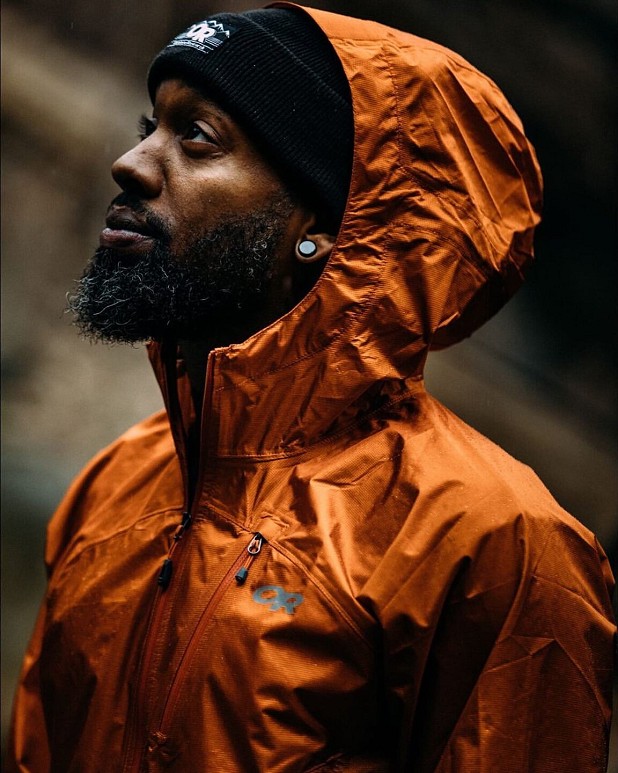
I was convinced this was a phase and I would eventually let it go and find another way to stay active, but little by little climbing started to feel familiar; I felt that feeling of peace and freedom coming back…that same feeling I felt when I was a teen and I gave my all to BMX. It wasn't until I connected with a few People Of Colour climbers who showed me the ropes when I realised I could do this; I learned how to use my body and not just my muscles and began to see progress. I couldn't let this slip away, I needed this in my life. I soon realised that this was the therapy I needed; the missing piece in my life wasn't something outside of me, rather it was already within me and climbing gave me the safe space to allow me to just be.
We live in a world where black people - as clearly demonstrated in the media - are never fairly looked at, treated, judged, or given a fair shot at anything regardless of their experience, background, or morals. The last few months have been rough and a bit of an emotional rollercoaster. I knew I/we were constantly fighting a battle, but at this point it's starting to feel like the world around me is finally starting to recognise our worth and value while keeping in mind that it's never been about wanting to be recognised as being better, just equal. It's safe to say that this is a fair request, yet we are still debating this with many individuals who don't see us as equals, starting with the current president of the United States.
There are many things that we in the climbing community have allowed to go on for far too long and this includes racist route names. I haven't encountered too many here in New York State, but I know they exist. It's great that many are taking the initiative in asking leaders in these local communities and the parks and recreation folk to change this. This is a step in the right direction, but please understand that this is a sticking plaster and will not change the inequalities we still face when venturing outside, overnight. We need a long term plan, a plan that will allow us to ensure our safety and sanity when we hit the crag.
In order for us to feel equal (keeping in mind, we do not need your approval) and if you want to continue to share this or any space with black people, you have to recognise the injustices against us throughout history and in societal norms today and work with us to fix this systemic problem moving forward. So, when you see us know we are here for good and regardless of what your perception of us as a whole may be, you have no right to judge until you get off your high horse and engage with people. Let's keep this conversation going, please.
***
In climbing, learning how to adapt and listen to my body was key. I realised soon after that this type of energy I needed to share, share with those who might be unaware of their capabilities to find peace within themselves. Helping others is where this path led me and I will forever hold onto this and not allow the world around me to change my perception of me or what I can do to make this world, my world, a better place.

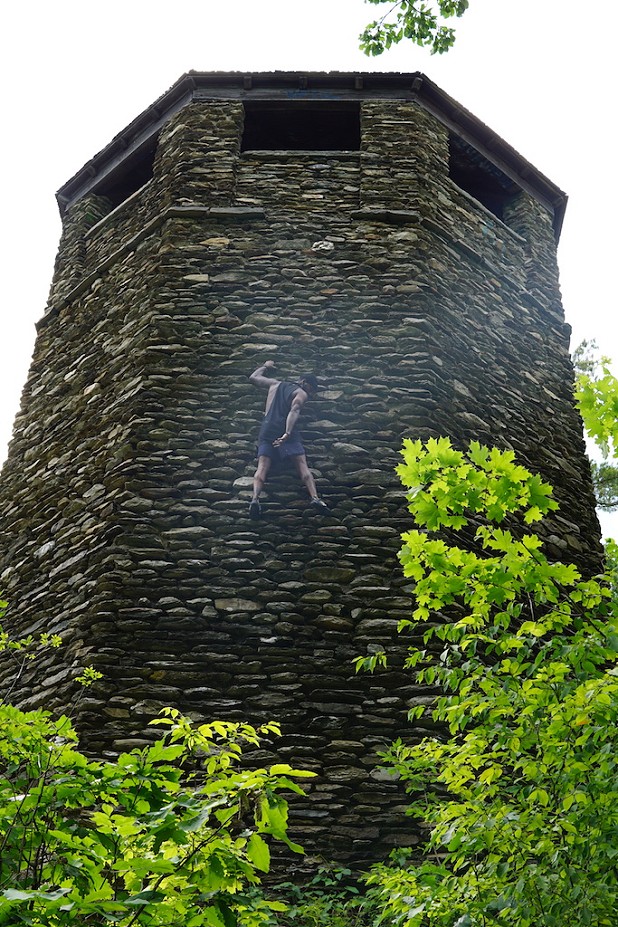







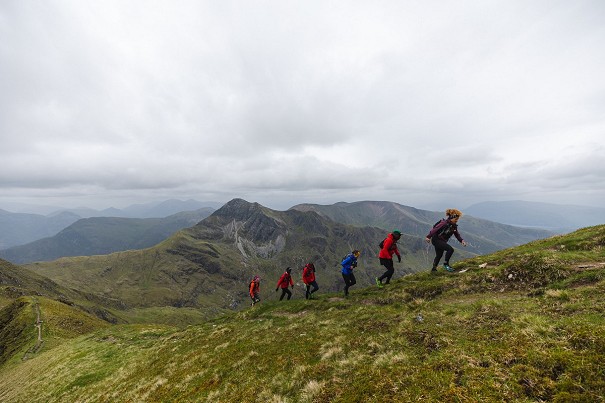
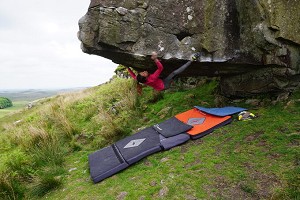
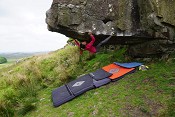
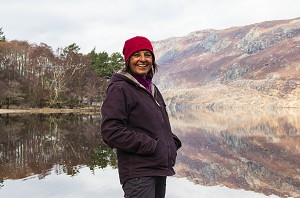
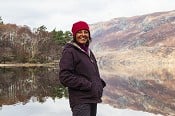
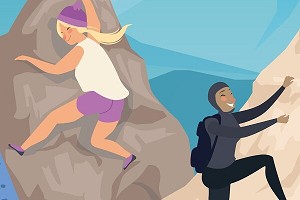
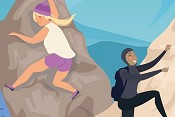
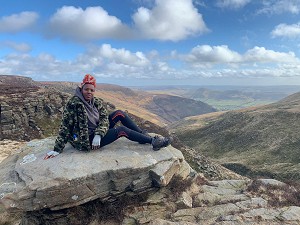
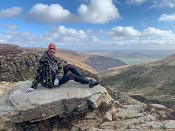
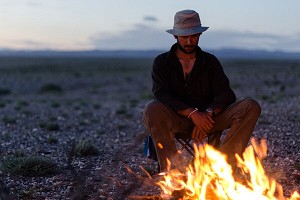
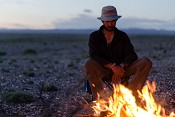
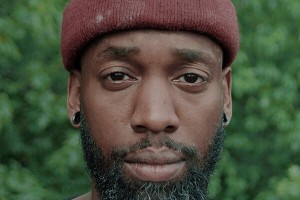
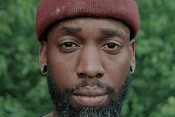
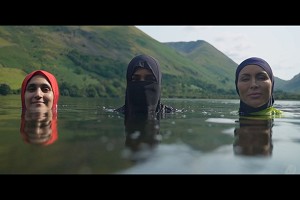
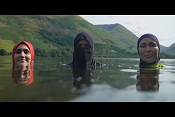
Comments
I loved reading this. Thanks!
Like in any environment, the more (other) black people we see, the more natural it will seem. In the meantime there's inevitably going to be a phase of a few pioneers sticking their neck out in order to encourage others.
Not a climber but a mountaineering legend and a guy people like myself look up to: Charlie Ramsay https://www.ramsaysround.co.uk/ Any chance of a UKC writer writing an article about him?
I met & climbed with a guy at a climbing wall in Berkeley in the early 90s. It was my first time in the States and my knowledge of the US climbing scene was limited to what I had read in magazines. I mentioned that there were hardly any black climbers in the UK, and asked if it was different over there. "No" he said "but I'm from Arizona so I'm used to being the only black guy in the room".
Here's one black guy who's been at it for quite a while...